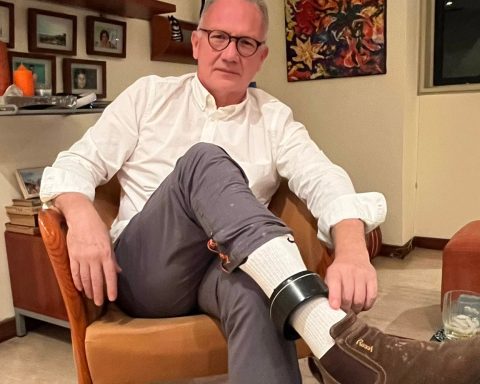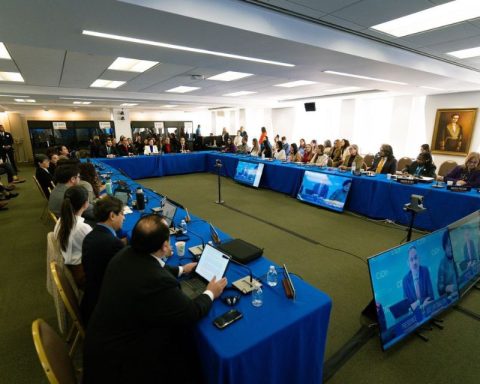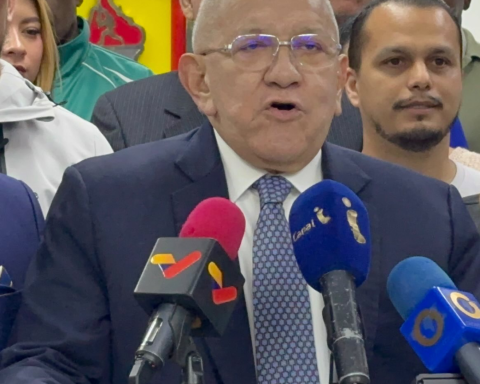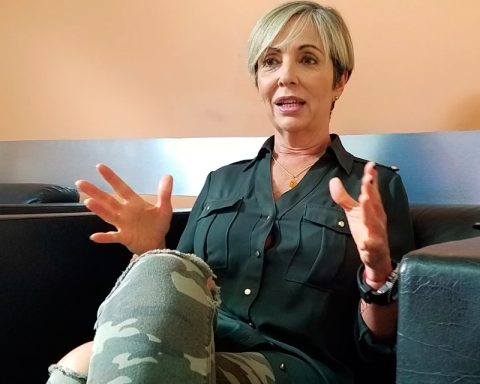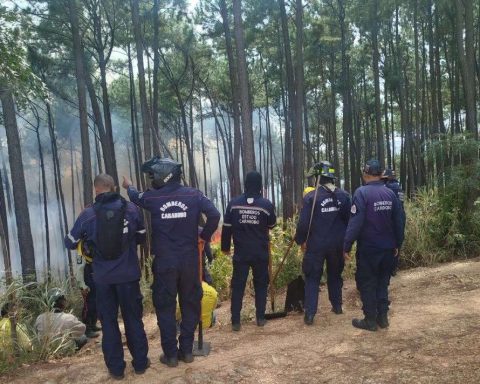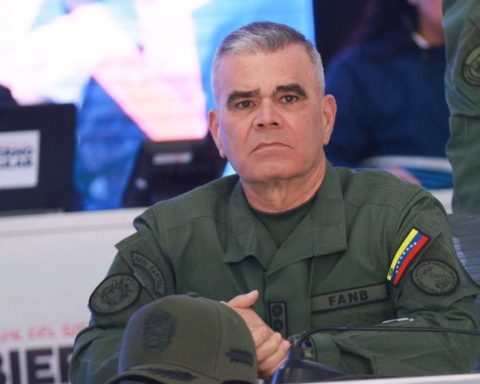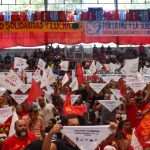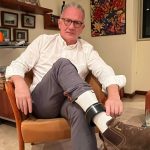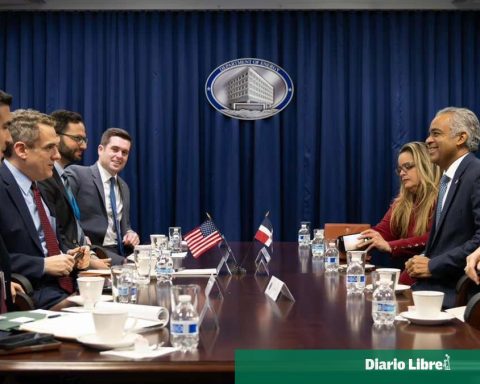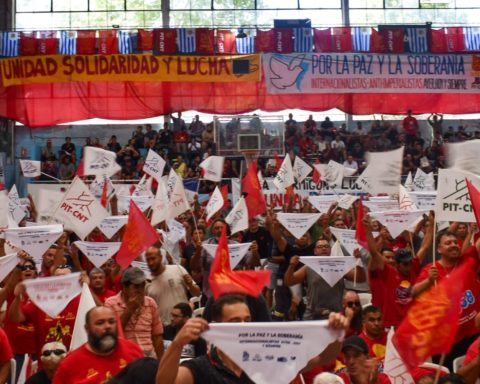The largest group was 300 people. The general coordinator of the State Population Council (Coespo) of Ciudad Juárez, Enrique Valenzuela, asked migrants not to believe in the information they receive from human traffickers, called “polleros”, as they seek to enrich themselves at the expense of the need for people. He indicated that Venezuelan migrants are crossing to surrender to the authorities
Hundreds of Venezuelan migrants crossed on Saturday, September 10, through the Rio Grande border, a natural division between Mexico and the United States, at the Juarez-El Paso crossing, and managed to advance to US territory to surrender to authorities, activists reported.
In a note published by the D.W. it was learned that some cases involved entire families and, in the massive crossing, it was possible to see from children to the elderly, all with the purpose of fulfilling “the American dream.”
* Read also: The US opens registration for the renewal of TPS for two months until 2024
The largest group was 300 people. However, during the day they were crossing in more compact blocks. The people crossed the river amid the inaction of the National Guard and the National Migration Institute of Mexico.
«The migratory phenomenon changes constantly, we ask migrants not to risk crossing through a point that is not an enabled border bridge. This crossing is something that in no way favors them,” the general coordinator of the State Population Council (Coespo) of Ciudad Juárez, Enrique Valenzuela, told the EFE agency.
The official asked the migrants not to believe the information they receive from the so-called “polleros”, individuals dedicated to human trafficking. He argued that these subjects seek to enrich themselves with the money of migrants who are hoping to cross into the United States.
“Venezuelan migrants are crossing to give themselves up, this is an example of how the system has not been repaired, which has been broken and those families that should pass legally (to the US) have not been able to,” he told EFE Fernando García, the executive director of the Border Network for Human Rights organization, in El Paso, Texas.
In addition, he pointed out that the United States government “has not invested in shelter infrastructure and has done so in resources to reinforce the border patrol.”
A few weeks ago, the United States Department of Homeland Security (DHS) extended the Temporary Protected Status designation for migrants from Venezuela for 18 months beginning in September.
The status, which allows immigrants from designated countries to legally reside in the United States temporarily, applies only to those living in the United States as of March 2021.
Post Views:
342

